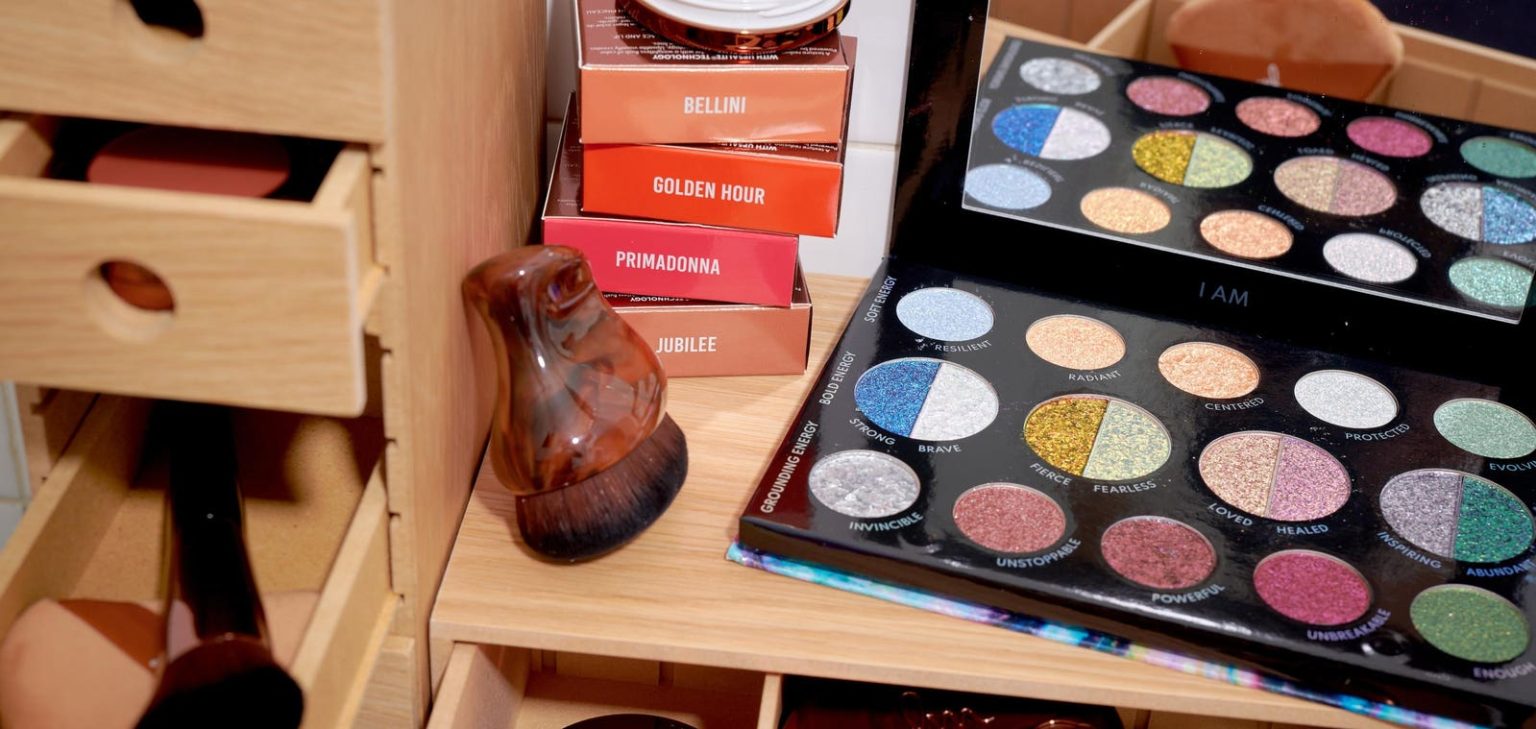Beauty Inc., a special edition of WWD, just hit my desk listing the top beauty companies. The top ten are 1. L’Oreal, 2. Unilever, 3. The Estée Lauder Cos., 4. Procter & Gamble
PG
NTCO
COTY
While most companies showed an increase in sales compared to the previous year, major companies including Estée Lauder, Shiseido, and Natura & Co., showed a decline in sales in the current fiscal year. The reasons for these declines include a sales decrease in China or other international markets or a change in business scope.
However, there is more going on that is reshaping the beauty industry. Some observers are intrigued by the spectacular increases of young companies. Rare Beauty grew by about +200%, e.l.f. Beauty grew by +78%, Oddity Tech Ltd. Grew by +57%, Chicmax Cosmetic Co. Ltd. grew by +53.3%, Joy Group grew by +48%, Betterware grew by +41%, Guangdong Marubi. Biotechnology Co. Ltd. grew by +33.9%, Cosnova Beauty grew by +32%, Proya Cosmetics Co. Ltd. grew by +30%, and Grupo Boticario also grew by +30%.
So, what impact are these new brands having on customers and the traditional leading brands? Did the younger companies gain share of market from the older, established companies? Or is something fundamentally changing in the beauty world?
There are many reasons for the growth of these new brands, ranging from better promotions to introduction of new products. The new brands needed to build a following and frequently resorted to many different tactics to attract customers. They may connect by having a new scent or taking a new health angle. For instance, consider what Rare Beauty (El Secundo, California) has been doing. Launched in 2020, during the height of the pandemic, it drove awareness by focusing on mental health issues. It is now in 36 countries and has expanded beyond makeup. It has launched the Comfort Club (a digital hub promoting comfort) and raised $12 million in its commitment to raise $100 million for the Rare Impact Fund. Rare Beauty helps to solve mental health issues, and its customers support the mission.
Then, there is Joy Club (Shanghai), is a Gen Z friendly cosmetic group. It opened more than 60 boutiques across Chinese cities and established partnerships with Chinese top retailers. The label is currently stocked in 10,000 retail outlets. In the makeup category, the company was number 5 last year, according to Beauty Inc.
POSTSCRIPT: Some new product lines embrace a worthwhile cause while other brands seek the young customer as their target client. It does not matter; the result is the same – the beauty business is expanding with new creative talent. The established brands must maintain the customer base, but young companies can add vitality to the industry.
Read the full article here





